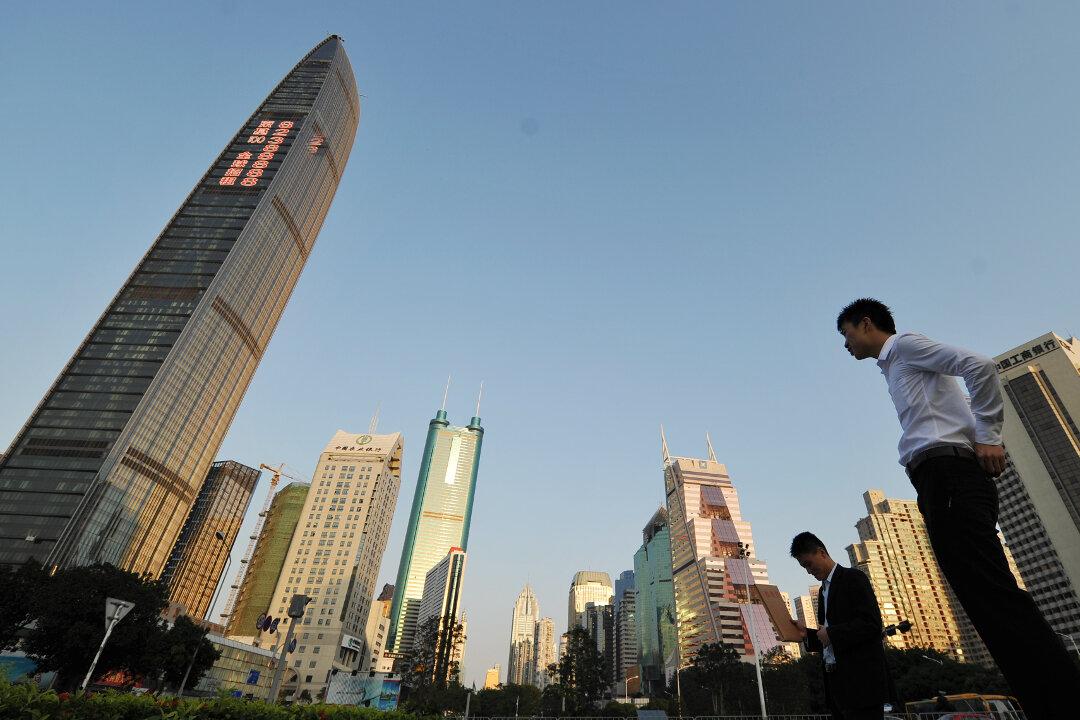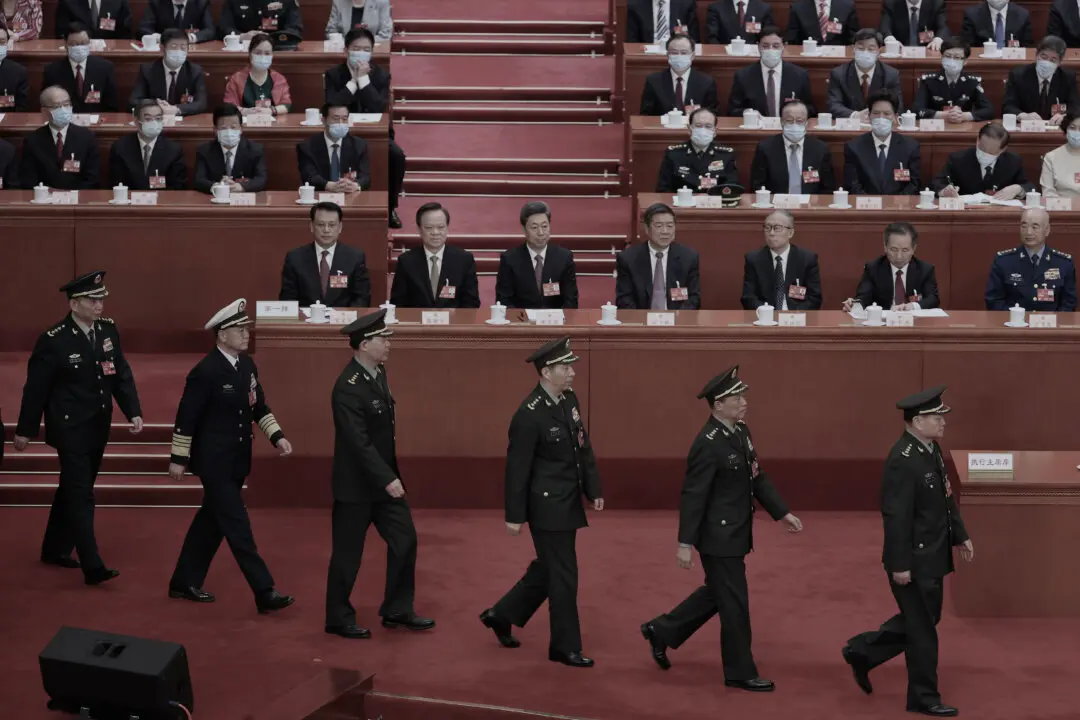After Chinese leader Xi Jinping’s visit to Shenzhen two weeks ago, in which he emphasized the city as an engine to drive up the economy of the Guangdong-Hong Kong-Macau Greater Bay Area, locals have raised concerns to The Epoch Times that factories continue to move out or close down in the industrial zone.
Some analysts say this indicates that the “internal economic circulation” strategy promoted by Xi will not be enough to replace the export orders that have been fueling Shenzhen’s growth.




